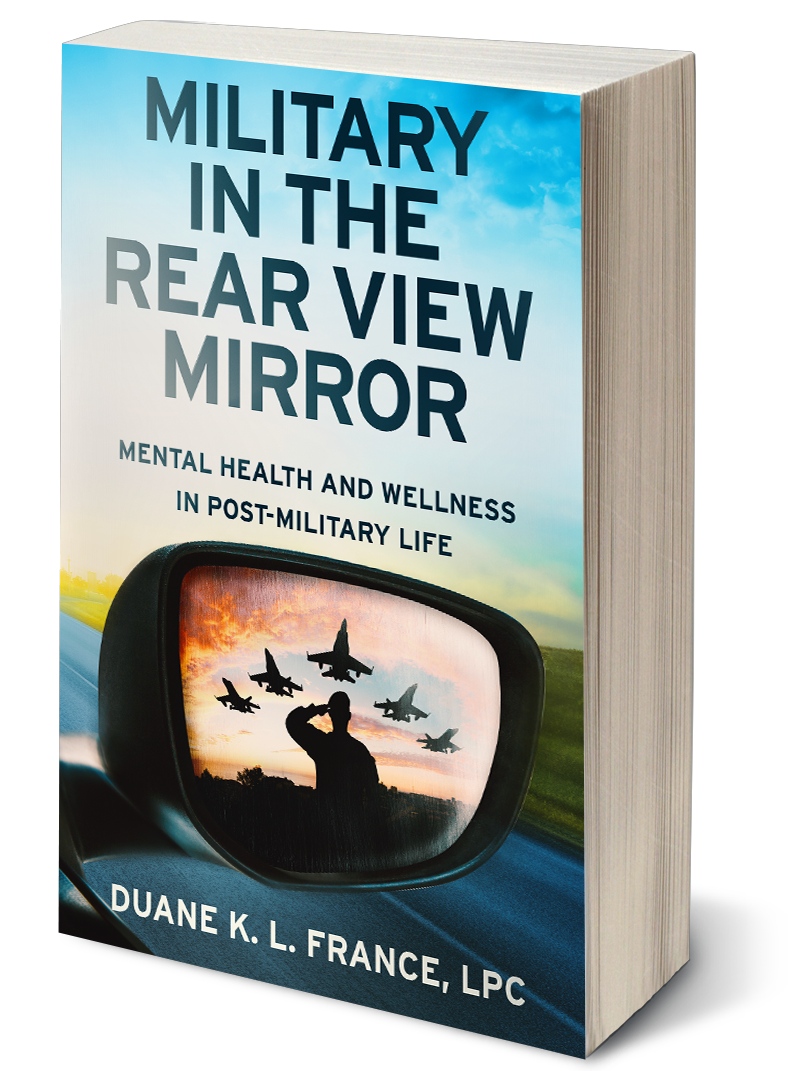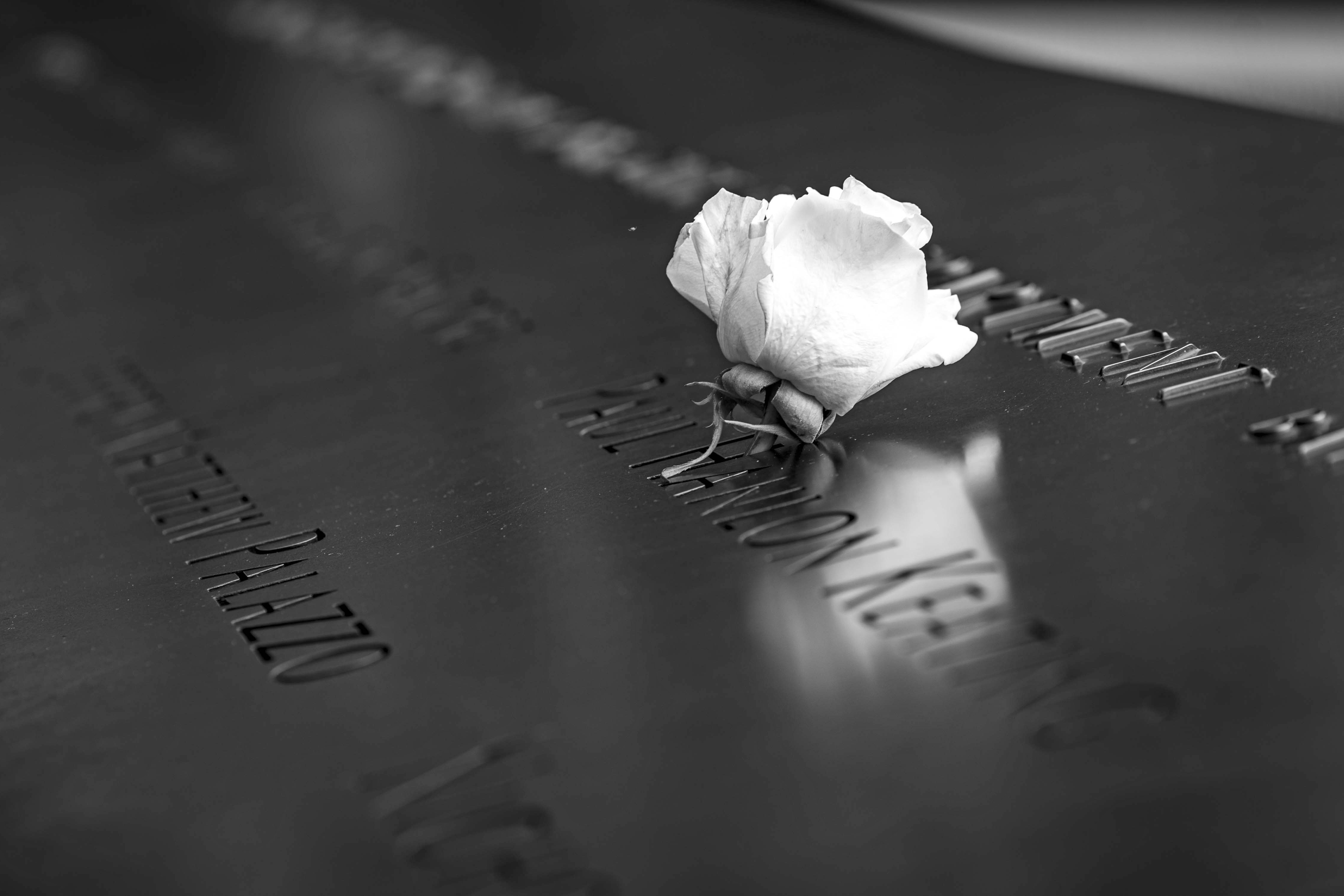
We are not enemies, but friends. We must not be enemies. Though passion may have strained it must not break our bonds of affection. The mystic chords of memory, stretching from every battlefield and patriot grave to every living heart and hearthstone all over this broad land, will yet swell the chorus of the Union, when again touched, as surely they will be, by the better angels of our nature. – Abraham Lincoln
My father served in Vietnam and then worked as a stockade guard at Fort Leonard Wood until he got out of the Army in the late ’60s. As you might imagine, he never talked much about either, only to say that “stuff happened’. Ironically, those stories didn’t even start to come out until after I had deployed to Iraq in ’06. After leaving the service, he worked in law enforcement, serving on several police forces in and around St. Louis in the early to mid ’70s.
He once told me: some of the things he saw in Vietnam and in the stockade bothered him. He expected it, though; Vietnam was combat, and the stockade was the stockade. The hardest thing for him, though, was coming home to “society” and seeing the horrible things that humans can do to each other. He said, “I saw things that were as bad, and sometimes worse, than combat. The difference was, these were my people doing it to each other.”
Allowing the Better Angels of Our Nature to Come Through
This isn’t a commentary on the apparently worsening divisiveness that seems to be running through our country right now. Divisiveness has always been there, in one form or another; we are more aware of it now, I think, because it’s in our face 24/7. There are times when I have made public statements against something in particular, and other times where I haven’t. Instead, this is an attempt to help others understand that we are reacting to each other, on a personal level, rather than working together to solve common problems.
The quote above, by Abraham Lincoln, were the closing remarks of his First Inaugural Address. At the time of this speech, March of 1861, seven states have seceded from the United States, and the first shots of the civil war were just over a month away. He saw it was coming, and yet he still made an effort to appeal to his fellow Americans: let us allow the better angels of our nature overcome the worst demons.
Don’t Make the Other Person the Problem
I’m not talking about groups, the System, the Man, or any other conglomerate organizational group. I’m talking about our interactions with our coworkers. Our spouses and children. Systematic change comes when people with a common cause stand up for what’s right, certainly, but it all starts at an interpersonal level.
I see this often with veterans that I work with. There is a conflict somewhere in their life. It usually happens with other people; their boss, their spouse. The conflict is centered around a particular problem: a situation caused by indifference. Anger. Frustration. Depression. The problem is there, for all to see, set up on a chessboard. The veteran often then takes a defensive position on one side of the problem, and the other individual takes a position on the other side of the problem. The struggle to solve the problem then begins, with both parties taking action to counteract the maneuvering of the other.
Turn Adversaries into Allies
Instead of battling against someone, reflexively taking up a posture to protect what we see as ours against someone trying to take something away from us, what would it be like to join forces to solve the problem? For both parties to come around to the same side of the chessboard, and take aim at the problem itself rather than taking aim at each other. Easier said than done, you say, and you’re right. That kind of shift takes compromise. It may mean you moving to their side of the table and seeing the situation from their perspective. It may mean both of you acknowledging how it got this way, and taking personal responsibility. Never a bad thing, in my opinion.
Making that movement to a common ground to solve a common problem requires letting the better angels of our nature take over. It’s the worst demons of our nature that are continuing to make the problem continue; jealousy, pride, anger, righteous indignation. Instead, allowing compassion and compromise to come through, allowing ourselves to understand the other person while maintaining our self-respect and setting healthy boundaries, can finally get to the root cause of the situation rather than making an ally an adversary.
Becoming Aware of the Better Angels of Our Nature
Again, I hear you. Easier said than done. The first thing that needs to happen is that we need to be aware that the worst demons of our nature have started to emerge. The second thing that needs to happen is that we need to become aware that we have the capacity to allow the better angels of our nature to emerge. This level of awareness is difficult to achieve in the middle of emotionally charged situations.
Once awareness is achieved, however, it’s rarely enough. It’s one thing to realize that there’s a problem to solve; it’s another thing entirely to make changes in our mind and our life to solve that problem. I don’t believe that change can happen without awareness, any more than I believe that awareness alone can solve problems.
One thing I do know, however: those times in my life when I have allowed the better angels of my nature overcome my worst demons, I have been able to solve some really tricky problems. Maybe you can do so as well.

The Head Space and Timing Blog is supported by the Colorado Veterans Health and Wellness Agency, a 501(c)3 Nonprofit in Colorado Springs, Colorado. The goal of the CVHWA is to provide military culturally competent mental health counseling to veterans and their spouses, regardless of characterization of discharge, time of service, or era of service. Our vision is to assist veterans to identify and remove barriers to their mental, physical, emotional, and behavioral wellness. For questions or inquiries, contact us!


